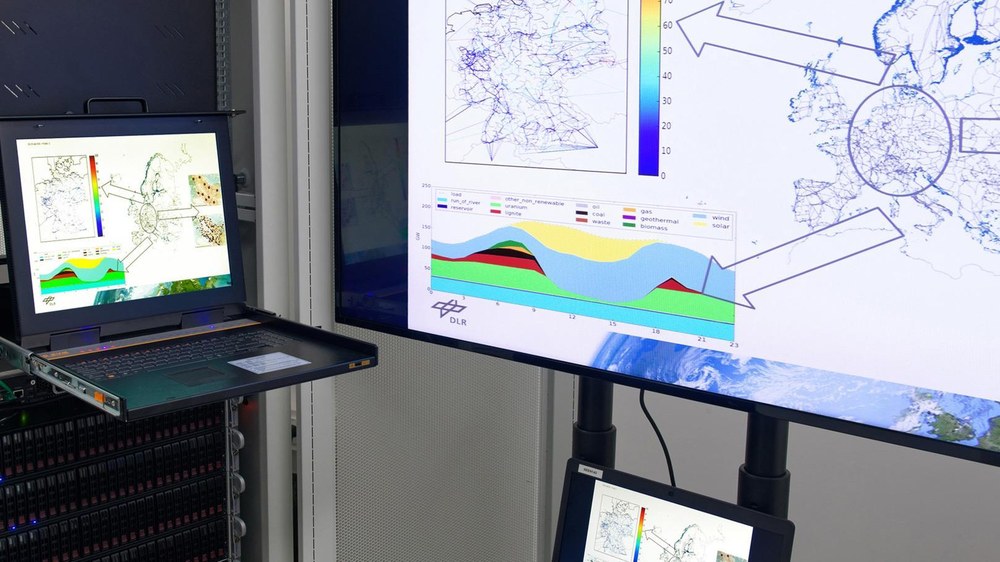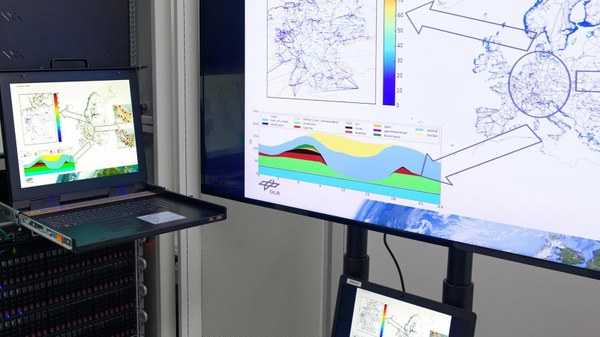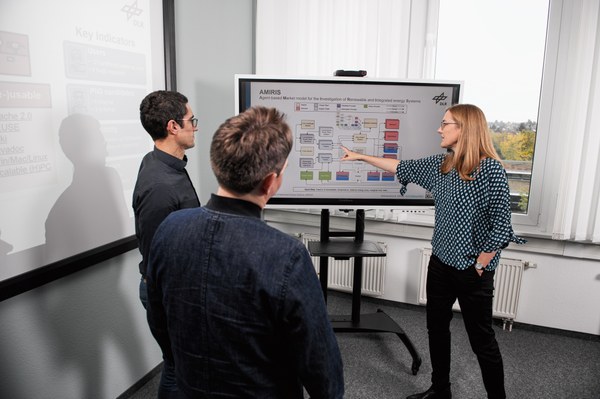Current scientific publications of the department Energy Systems Analysis can be found in the electronic publication directory (elib).
Energy Systems Analysis

The Energy Systems Analysis Department provides information to use as guidance to successfully implement the energy transition. By means of scientific methods, it promotes farsighted identification and evaluation of the economic, environmental and social effects of various possible transformational routes.
Our research groups develop and use methods and tools that have been specifically designed to address the issues and research questions intrinsic to systems analysis and technology assessment in the field of energy supply. They attach great importance to transparency and the reproducibility of methods and data in the interest of creating a robust and reliable foundation for developing and assessing various possible courses of action. This way, policymakers from science, industry, politics and society receive reliable information backed by solid scientific evidence that can be used to develop long-term research agendas and design policy structures related to energy, the environment and research.
Energy systems analysis constitutes an essential component of DLR’s energy research activities due to its relevance for policymakers both in Germany and abroad and because the topic is now so important. With more than 80 researchers now at the Oldenburg and Stuttgart sites, there is a wealth of wide-ranging expertise available for consulting on and addressing current technological and systemic issues.
Scenario development, agent-based modelling and the analysis of funding and other promotional instruments form the core focus of the research conducted at the Stuttgart site. The researchers at the Oldenburg site focus on energy meteorology, electricity and gas grid modelling and urban energy systems modelling. The teams focus jointly on overall energy systems modelling, market and business models and technology assessment. This ensures that the entire spectrum of systems analysis research is covered, from developing basic methods for simulation and analysis, assessing technologies and instruments, to scenarios for designing future energy systems.





